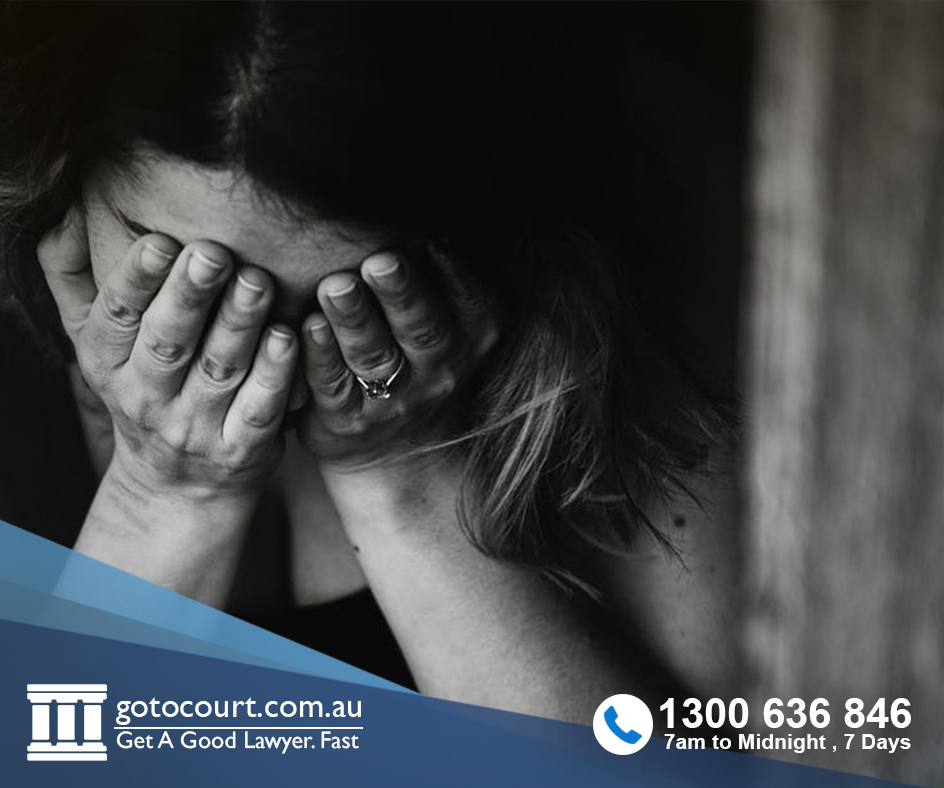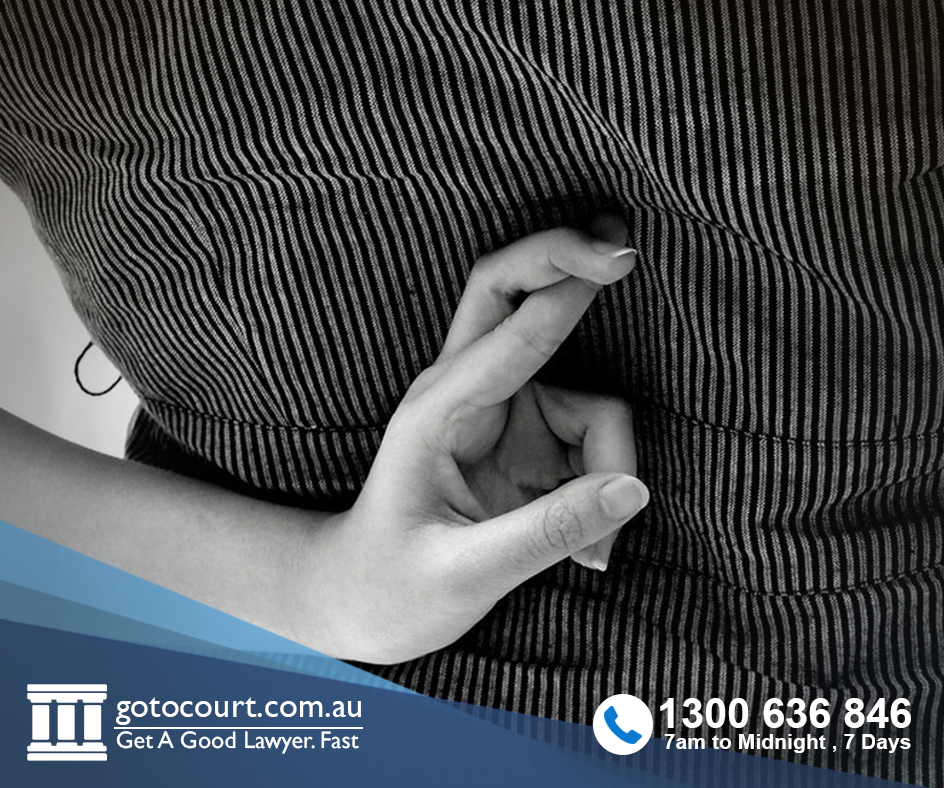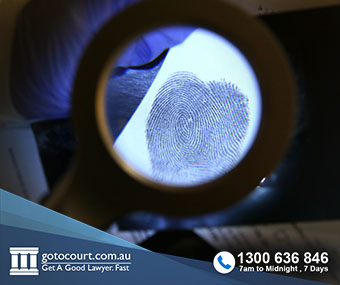Call our lawyers
now
or,
have our lawyers
call you
Character Evidence (Vic)
Updated on Dec 08, 2022 • 3 min read • 885 views • Copy Link
Character Evidence (Vic)
Character evidence is evidence that relates to whether an accused is of good or bad character. Whether or not character evidence is admissible in a proceeding depends on whether the evidence is of good or bad character.
The rules of character evidence are set out in the Uniform Evidence Act, which codifies and in some respects alters the principles of common law and the provisions of the Crimes Act 1958.
Good character evidence
Good character evidence includes evidence of the accused’s general reputation and evidence of the accused’s favourable disposition. Evidence of good character may be relevant to give weight to the accused’s evidence (ie make it more likely the accused is telling the truth) or in order to make it less likely the accused is guilty of the offence.
Admissibility of good character evidence
The defence may adduce evidence of the accused’s good character (Section 110, Uniform Evidence Act). The evidence may be used to impute that the accused is a good person in general or in a particular respect.
Good character evidence can be opinion evidence from a witness about the character of the accused or evidence about the accused’s reputation in the community.
The weight that the court can give to character evidence will depend on a number of factors, including the strength of the other evidence supporting the charge, the nature of the offence charged and the relationship between the character established and the type of offence charged.
Bad character evidence
Evidence of the accused’s bad character is generally inadmissible as it is unfairly prejudicial.
There are three circumstances in which bad character can be admissible:
- Where evidence has been adduced to establish the accused’s good character, the prosecution or a co-accused can adduce evidence to contradict this;
- Where two or more people are charged as co-accused, expert evidence may be adduced by one party as to the character of a co-accused (Section 111, Uniform Evidence Act).
- Where evidence of bad character is admissible under Part 3.7 of the Evidence Act, as evidence pertaining to the credibility of a witness.
If the prosecution wishes to cross-examine an accused about matters arising out of character evidence, it requires the leave of the court (Section 112, Uniform Evidence Act).
Use of bad character evidence
Bad character evidence can only be used to contradict good character evidence. It cannot be used to to establish guilt. The court can limit the use of bad character evidence if it risks being unfairly prejudicial for a party or if it is likely to be misleading or confusing for the jury.
Bad character evidence cannot be used to impute that the accused has a propensity to behave in a way that makes it likely they committed the offence. In this way, bad character evidence cannot be used in the same way as good character evidence, which can be used for a sort of propensity reasoning in establishing that the accused would have been unlikely to have committed the offence.
Evidence is not inadmissible simply because it shows the bad character of the accused, if it is adduced for another purpose. Such evidence may be admitted, but the jury must be warned that it should not be used for an irrelevant or prejudicial purpose.
If you require legal advice or representation in a criminal law matter or in any other legal matter, please contact Go To Court Lawyers.


Affordable Lawyers
Our Go To Court Lawyers will assist you in all areas of law. We specialise in providing legal advice urgently – at the time when you need it most. If you need a lawyer right now, today, we can help you – no matter where you are in Australia.How It Works








1. You speak directly to a lawyer
When you call the Go To Court Legal Hotline, you will be connected directly to a lawyer, every time.


2. Get your legal situation assessed
We determine the best way forward in your legal matter, free of charge. If you want to go ahead and book a face-to-face appointment, we will connect you with a specialist in your local area.


3. We arrange everything as needed
If you want to go ahead and book a fact-to-face appointment, we will connect you with a specialist in your local area no matter where you are and even at very short notice.





















